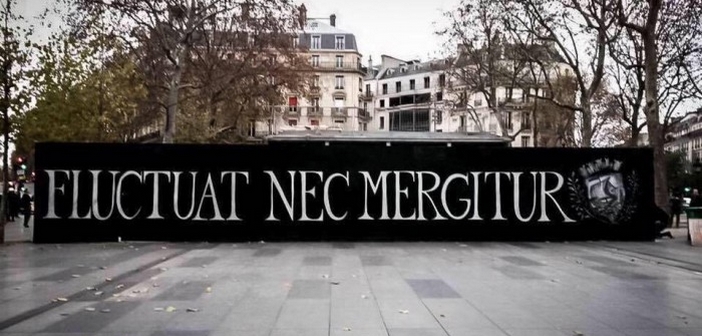On the morning of November 13, Nice paid tribute to the victims of the Paris attacks that took place a year ago, resulting in 130 deaths and 413 injuries.
Later in the morning, a ceremony was held on Castle Hill, attended by local authorities and elected officials. On this occasion, a wreath was laid before the memorial plaque in honor of the victims of barbarity.
There was a “before” and “after” this event that followed the Charlie Hebdo and Hypercacher incidents and preceded those on July 14 in Nice and the attacks on the police in the Parisian suburbs and the priest near Rouen.
The attacks also had political consequences in a country that has been under a state of emergency for a year. The myth of national unity, cherished after the January 2015 attacks, did not survive the blow of November 13.
The tragedy only exacerbated the antagonisms. The electoral campaign for the right-wing primaries, with a view to the presidential election, exploited them shamelessly by unscrupulous candidates. The far-right made it their favored argument to exploit fear and incite racism.
Indeed, there is a distinct “before” and “after” November 13 that time does not seem able (at least, not yet) to make us forget.


